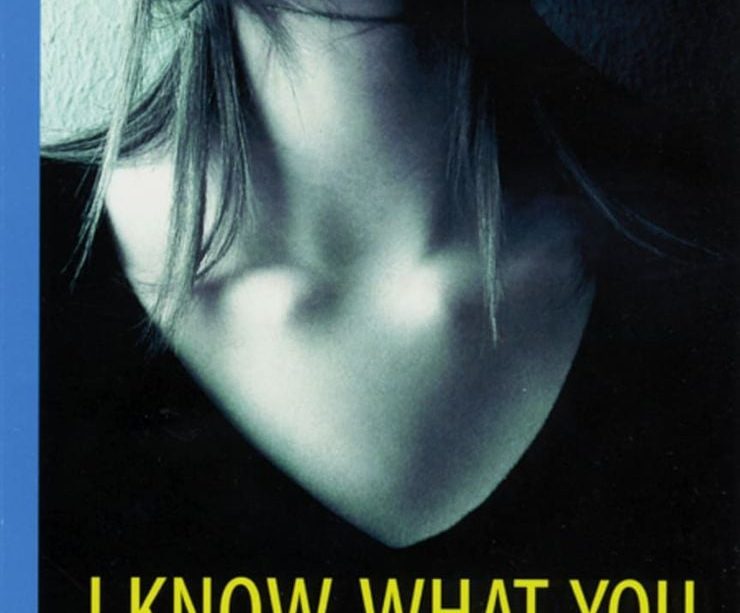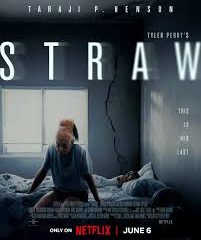Exploring ‘I Know What You Did Last Summer’ in Pop Culture

Introduction
The 1997 film ‘I Know What You Did Last Summer’ remains a notable piece of horror cinema, influencing both a generation of filmmakers and the teen slasher genre. With its themes of guilt, secrecy, and the consequences of actions, the film resonates profoundly with audiences. As we enter a new phase of remakes and adaptations, its enduring relevance prompts both reflection and analysis.
The Film’s Synopsis
‘I Know What You Did Last Summer’ centers around four friends: Julie, Ray, Helen, and Barry, who are haunted by a deadly secret after a tragic accident. They try to bury their past, but a mysterious figure starts stalking them one year later. As the story unfolds, it examines themes of culpability and the psychological weight of not confronting one’s actions. The film was based on the 1973 novel by Lois Duncan and became an instant success, spawning sequels and a dedicated fan base.
Cultural Impact
The film played a pivotal role in the resurgence of the slasher genre during the late 90s, which was characterized by a mix of horror and humor while dealing with serious themes. It introduced a fresh perspective to teenage horror by incorporating character development and moral dilemmas. The casting of Jennifer Love Hewitt, Sarah Michelle Gellar, Ryan Phillippe, and Freddie Prinze Jr. helped connect with younger audiences, turning them into household names and ensuring the film’s place in pop culture history.
Recent Developments
Recently, there has been renewed interest in the film due to the expansion of its universe. In 2021, it was announced that the franchise would return with a new series adaptation on Amazon Prime, aimed at a modern audience. This has sparked discussions about the themes of accountability and the impact of social media, which were not prevalent during the original film’s release. Fans are eager to see how these themes will be explored in today’s context.
Conclusion
‘I Know What You Did Last Summer’ is more than just a horror flick; it is a cultural artifact that reflects societal challenges pertinent to its time. As filmmakers and audiences reevaluate the past and its implications in our lives, the film’s resurrection through new formats signifies that the conversation around guilt, secrets, and accountability continues to resonate. For both new and returning fans, the upcoming adaptations promise to keep the legacy alive while inviting contemporary themes into play.









